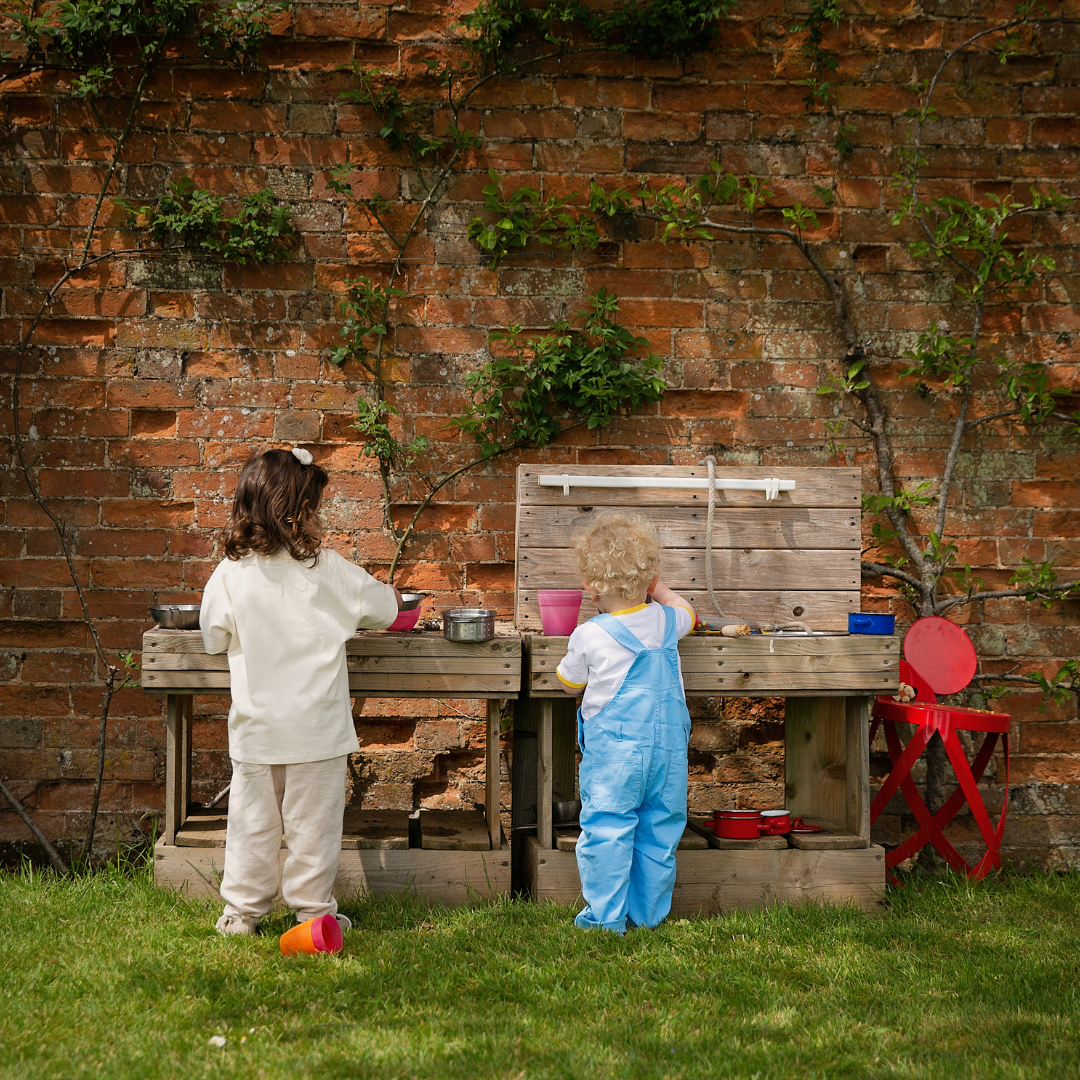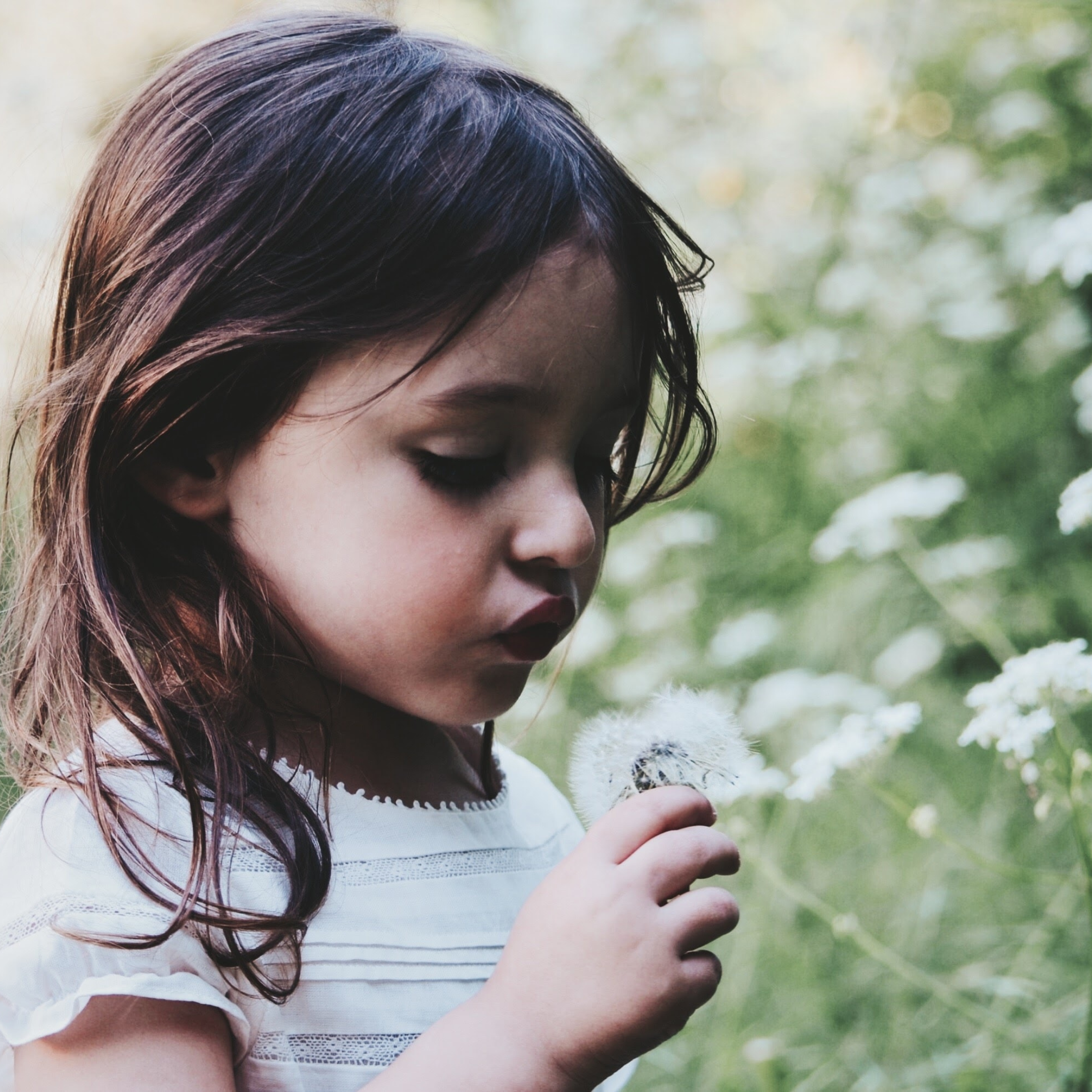How friendly bacteria can help your child when you go on holiday

With travel opening up again this summer and we are often asked about the impact that going can have on your child’s digestive health. So, for World Digestive Health Day on 29th May, we wanted to highlight what you can do to help protect your baba if you are going abroad for your holiday this summer.
Travelling to a new destination can be an exhilarating experience; however, travelling also means different food, different water, different time-zones and definitely a very different climate.
All of these factors can take a toll on your baba’s body and often lead to health issues especially when it comes to their delicate digestive system. Food poisoning and diarrhoea can cause you to become sick on your trip, while bloating and constipation are some other common problems that may occur.
Friendly bacteria – your ideal travel companion
Keeping a healthy balance of bacteria in your child’s digestive system is vital to maintaining their health, because up to 70% of their immune system is found in and around the digestive tract. Ideally, there should be a balance of approximately 80% ‘good’ and neutral bacteria to 20% ‘bad’ bacteria in your child’s digestive tract.
Friendly bacteria can help you ward off these uncomfortable digestive disorders and act as a lifesaver during your travel days. Most friendly bacteria occurs naturally and by interacting with the body’s immune cells, help to maintain a healthy gut. Taking friendly bacteria can therefore help build a strong immune system and enable the smooth functioning of the digestive system.
Numerous studies have provided evidence that friendly bacteria is effective in yeast infections, food poisoning and diarrhoea, especially traveller’s diarrhoea and they are safe for infants and children. Their availability in a variety of forms such as drinkable, capsules and sprinkles make them easy to administer to little ones too.
How does friendly bacteria help when travelling?
- Keeps constipation at bay.
- Forms a protective barrier over the mucous lining of the intestinal tract and protects against the entry of any pathogenic bacteria into the body via food or water.
When should your child take friendly bacteria?
Ideally, children should start taking friendly bacteria at least two weeks prior to your tripl, as this helps to seed the helpful bacteria in the gut and, in turn, will optimise immune function and help ensure good health. However, it is important to continue taking them throughout the holiday and it should be continued for at least two weeks after returning home.
What should you look for in a friendly bacteria supplement?
It is important to choose a friendly bacteria supplement that contains a specific strain that has been proven to provide the benefits you are looking for whether that is digestive balance or immunity boosting benefits.
Baba West has conducted a significant amount of clinical research into the strain of friendly bacteria used within our probiotic supplements and we are confident that the addition of this daily friendly bacteria (Lactobacillus rhamnosus GG) to your child’s diet is a simple and effective way of helping ensure a healthy gut, a healthy immune system and a healthy child and will help make sure they can enjoy their holiday abroad.



